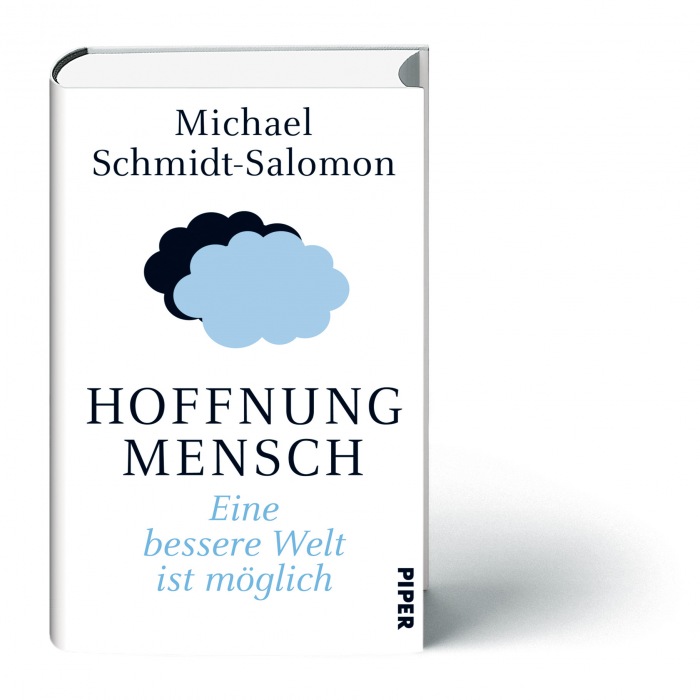Humanistic "Credo"

cover_hoffnung_mensch1.jpg
Piper Verlag
Humanists know no "holy scriptures," no untouchable prophets, priests, or philosophers who have access to an "absolute truth". What does a humanist "believe" in then? Basically, the answer is already included in the term "humanism": Humanists believe in people - more precisely: in their ability to grow. They trust that humanity will be able to create more life-friendly, free, and just conditions than we find today. Anyone who categorically excludes the possibility of improving living conditions is not a "humanist" but a "cynic".
At the end of his book "Hoffnung Mensch - Eine bessere Welt ist möglich" (2014), philosopher (and gbs spokesman) Michael Schmidt-Salomon summarized this humanistic "belief in human development" in a few words. By popular request we have decided to publish this "humanistic credo" (which of course is not binding for anyone) below:
The creators of art
And discoverers of unknown worlds.
I believe in evolution
Of knowledge and compassion
Of wisdom and humor.
I believe in victory
Of the truth over the lie
Of knowledge over ignorance
Of fantasy over narrow-mindedness
And of compassion over violence.
I don't close my eyes
To the horrors of the past
The misery of the present
The challenges of the future
But I believe
That we will find better ways
To alleviate the suffering
To increase happiness
And to preserve life.
I believe in people
Who are the hope of the earth
Not for all eternity
But for millions of years
(Amen).
(From: Michael Schmidt-Salomon: Hoffnung Mensch. Eine bessere Welt ist möglich. Piper Verlag 2014, p. 330. The book also contains numerous empirical sources which - despite all the errors of history - support this humanistic "belief in human development").
